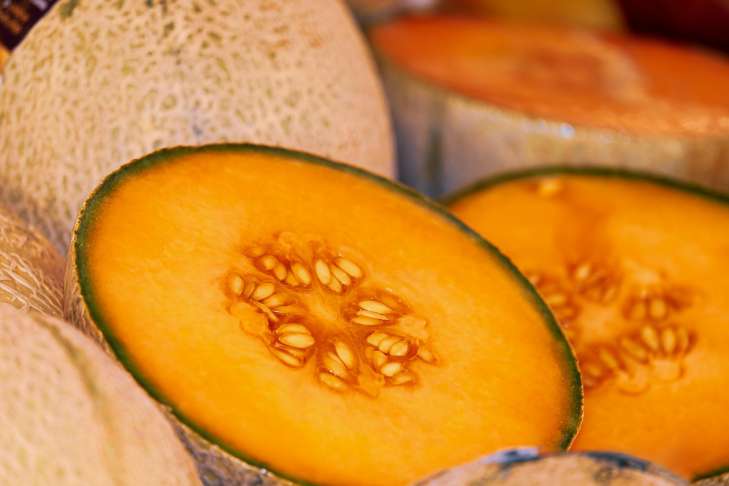Melon: Health Benefits - You Didn't Know About It
The pulp can be white, creamy yellow, red, orange-red.
And they have different tastes - there are melons with a pronounced melon taste, and, for example, “lemon yellow” melon has a vanilla flavor.
What are the benefits of melon
Melon is rich in vitamin C (20 mg per 100 g of product, about a quarter of the RDA), which makes it an excellent support for immunity and a variety of biochemical reactions, including collagen synthesis.
Vitamin C is also a powerful antioxidant that prevents cell damage.
Melon is good for constipation, anemia, gout, stress, rheumatism, and cardiovascular diseases.

Melon in its pure form has a laxative effect, including due to its high fiber content, so it is often recommended for cleansing the intestines.
When is it not recommended to eat melon
Do not drink melon with water, fermented milk products, or alcoholic drinks - otherwise an upset stomach is guaranteed.
In addition, it is recommended to exclude melon from the menu altogether in case of acute disease of the genitourinary organs and gall bladder, exacerbation of gastritis, ulcers, and diseases of the rectum.
How to eat melon correctly
Melon should be eaten separately from other foods, without drinking water, especially cold water.
Melon can cause especially severe intestinal upset when combined with milk, fermented milk products, honey and alcohol.
It is best to eat melon before meals or a couple of hours after.
Previously, we talked about nutrition for bloating.
